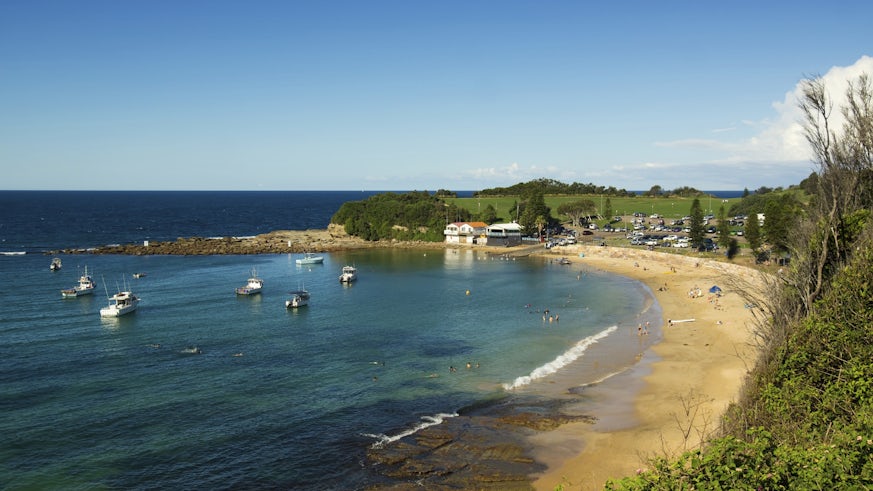British Academy Sustainable Development Programme awards
7 December 2016

Academics at the Sustainable Places Research Institute have been awarded funding from the British Academy Sustainable Development Programme awards to conduct research on natural and social elements of coastal zone management.
The funding is awarded to major research projects which will further sustainable development and work to eliminate poverty. The team, lead by Professor Susan Baker, from the School of Social Sciences will investigate how best to incorporate sea and land born impacts in marine management.
Speaking about the research, team member Dr Angelina Sanderson-Bellamy said: “Marine managers scrutinize the impacts of coastal zone activities on marine resources, but often fail to consider the impacts of land-based activities on marine resources. Land-use change leads to nutrient and sediment loading, affecting the quality and productivity of marine environments, often in unpredictable ways. Policies addressing land use, land use change, coastal zone food security and marine conservation are fragmented and uncoordinated, unable to address the linkages and interplay between these dynamics.
“We will address these gaps by conducting an assessment of private, public and community-based governance structures across land and marine sectors to identify pathways for management actions and impact on economic development, fisheries management, livelihoods and conservation.”
The project will aim to develop a conceptual framework for integrating land use policy into coastal zone management, with the objective of improving livelihoods of local populations.
The 16 grants awarded as part of the British Academy Sustainable Development Programme fund interdisciplinary, policy-focused research which addresses the UN’s 2030 Agenda for Sustainable Development. The projects will help advance the UK’s Aid Strategy by informing policies and interventions to improve people’s lives in fragile, conflict-affected states, or in developing countries.
The grants will fund projects from 1 December 2016 to 31 March 2018 as part of the UK Government’s £1.5bn Global Challenges Research Fund.